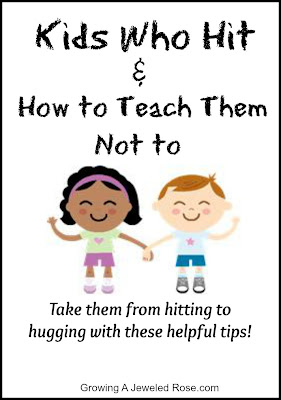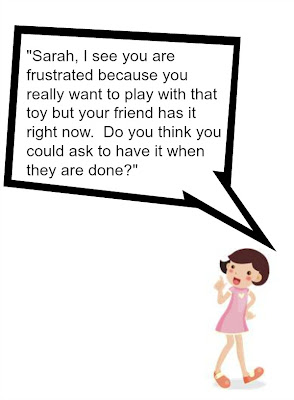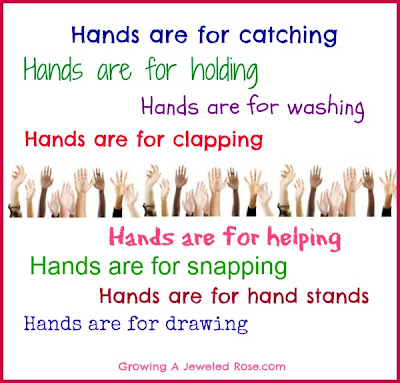
As the mother of a child with special needs, I often find myself in sticky situations. The solution is always to maintain a healthy sense of humor.
Here are 20 parenting lessons that my friends and I have learned the hard way – there’s a long story behind every one of these.
1. To remove cheese, butter and crayon marks from windows and mirrors, simply wipe with a paper towel or clean rag soaked in rubbing alcohol.
2. If a child has stamped permanent ink all over his face, put olive oil on a towel and wipe gently. If the child refuses the wiping, it will take at least 5 days for the ink to wear off.
3. If you choose to wear expensive items such as a watch, you must accept the fact that it will end up flushed down your toilet.
4. If toilets are on sale at Home Depot, buy a few extra just in case.
5. For a pleasant IEP experience, e-mail a list of all of your concerns and questions to the team 2 weeks before the meeting. Then show up at the meeting with a big smile, plus bagels and coffee for everyone. Sit back and let the team sort through your list of concerns. Take a bite of a bagel every time you feel the urge to say something impulsive. But don’t eat all of the bagels.
6. If you want to kill the stares, puzzled looks and comments from strangers, make sure that your shirt and bag say in large letters, “ASK ME ABOUT DOWN SYNDROME,” “ASK ME ABOUT CEREBRAL PALSY” or “ASK ME ABOUT AUTISM.” But be prepared in case someone actually does want to ask you.
7. Exciting new experiences stimulate speech. So make today the day that you close the bathroom door and let your child spray an entire can of shaving cream on the counter. Or fill the kiddie pool with bubble bath in the backyard. Or camp out in the living room overnight. Or use eye shadow for face painting.
8. If a child’s arm, leg or head gets stuck between bars on a playground, massage the area with olive oil and it will slip out easily.
9. If your child has an epic meltdown while out shopping, always ask the store manager for help. You may get bumped to the front of the checkout line, have your bags carried out to the car for you or possibly be offered free paper towels from the destroyed store display.
10. Do not keep paper towels or toilet paper on a roller at home.
11. Always keep coffee locked up. ALWAYS.
12. The first parent to say, “She’s not going to vomit,” is required to clean up the subsequent vomit and do all of the laundry for that day.
13. Keep an empty 32 ounce container with a lid in your car at all times – even for short trips in your neighborhood. Bonus if you also carry an old towel and an extra pair of clean underpants in your child’s current size.
14. To stop bleeding in a fresh wound, use a maxi pad as a compress. If the wounded person is a teenage boy, he will probably be more upset about the compress than the actual wound.
15. Band-aids do not speed up the healing process, but they do prevent your child from scratching compulsively at injuries. If your child refuses band-aids, break out the gauze and explain that it’s a “pillow” to help the injured part rest.
16. Turn problems into opportunities. Is your child wide awake at the crack of dawn? It’s an opportunity to take a long walk, so enjoy the fresh air and exercise. Too dark to take a walk? It’s an opportunity to expand your prayer life at home.
17. Don’t buy a camera or cell phone unless it’s waterproof.
18. Popsicles, especially the homemade, all-natural type, leave permanent stains on walls and ceilings. If you allow your child to wander the house while eating popsicles, you are giving your tacit consent to a Jackson Pollock style home decor. Coordinate it with rainbow crayons mashed into the carpet.
19. When someone says that you are spoiling your child, the correct response is to smile and say, “Thank you! That’s what we’ve been trying to do!”
20. Whatever it is, fix it with Gorilla Glue, duct tape, rubber bands, WD-40 and a kiss. Then call it a day.




 As the mother of a child with special needs, I often find myself in sticky situations. The solution is always to maintain a healthy sense of humor.
As the mother of a child with special needs, I often find myself in sticky situations. The solution is always to maintain a healthy sense of humor.




